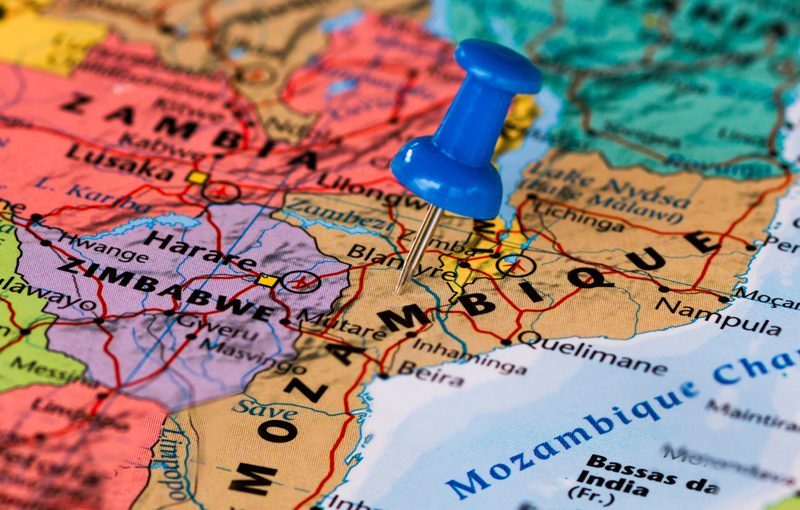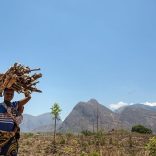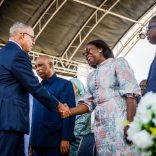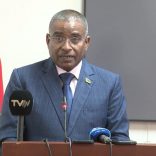Mozambique: Only 3% of available carbon credits issued
Mozambique Economic Update: Setting the Stage for Recovery – Word Bank

The Mozambique economy has registered its first contraction in nearly three decades due to the COVID-19 (coronavirus) pandemic, further compromising years of hard-won development gains in a country already facing substantial challenges.
Released today [ March 4], the 6th edition of the World Bank Mozambique Economic Update: Setting the Stage for Recovery, establishes that the COVID-19 pandemic has hit Mozambique’s economy as it was attempting to recover from the protracted slowdown triggered by the hidden debt crisis and the tropical cyclones of 2019. The country’s real Gross Domestic Product (GDP) is estimated to have declined by 1.3 percent in 2020, compared to a pre-Covid estimate of 4.3 percent. It further notes that lockdown measures have disrupted supply chains and depressed domestic demand, as well as delayed Foreign Direct Investments (FDI), especially those pertaining to Liquified Natural Gas (LNG) projects. As a result, fiscal pressures remain significant, aggravated by tax relief measures, and increased expenditures associated with COVID-19 relief package.
“Covid-19 continues to wreak havoc on Mozambique’s households and businesses, with hundreds of thousands of people falling into poverty, and delaying the country’s already slow progress towards the Sustainable Development Goals (SDGs),” noted Idah Z. Pswarayi-Riddihough, World Bank Country Director for Mozambique, Madagascar, Mauritius, Seychelles, Comoros. “The urban poor, who are largely engaged in the informal sector, along with the tourism and hospitality industries, are among the hardest hit. The transport sector has also recorded heavy losses. Furthermore, the northern region, currently facing an escalation of insurgency, experienced the largest number of temporary or permanent business closures.”
As the pandemic unfolded, the authorities took a wide array of measures, including increasing priority social expenditures and expanding coverage to households most affected by the shock. These policy measures are broadly similar with those of other countries in the region. However, the report reckons, design and implementation issues have undermined their effectiveness. Furthermore, the report notes that although support has been provided to firms through, among others, discounted credit lines, the funds were too limited to meet demand and relieve firms of financial distress.
“The road to a resilient and inclusive recovery will be long,” warned Fiseha Haile, World Bank Senior Economist and the report’s leading author. Adding that in the short-term, it will be key to provide targeted support to viable firms and households. “Firm support should be better targeted and made conditional on job protection to minimize layoffs and the loss of productive capacity,” he said. “Social protection programs should be scaled up, including in the form of food assistance, to further support informal (self-employed) entrepreneurs.”
The report concludes by underlining the need to press ahead with the structural reform agenda as the pandemic subsides. In the recovery phase, policies should focus on supporting economic transformation and job creation, especially for the youth. Targeted interventions are also needed to support women and alleviate existing gender inequalities, including expanding access to finance and inputs, and harnessing the power of mobile technology.












Leave a Reply
Be the First to Comment!
You must be logged in to post a comment.
You must be logged in to post a comment.